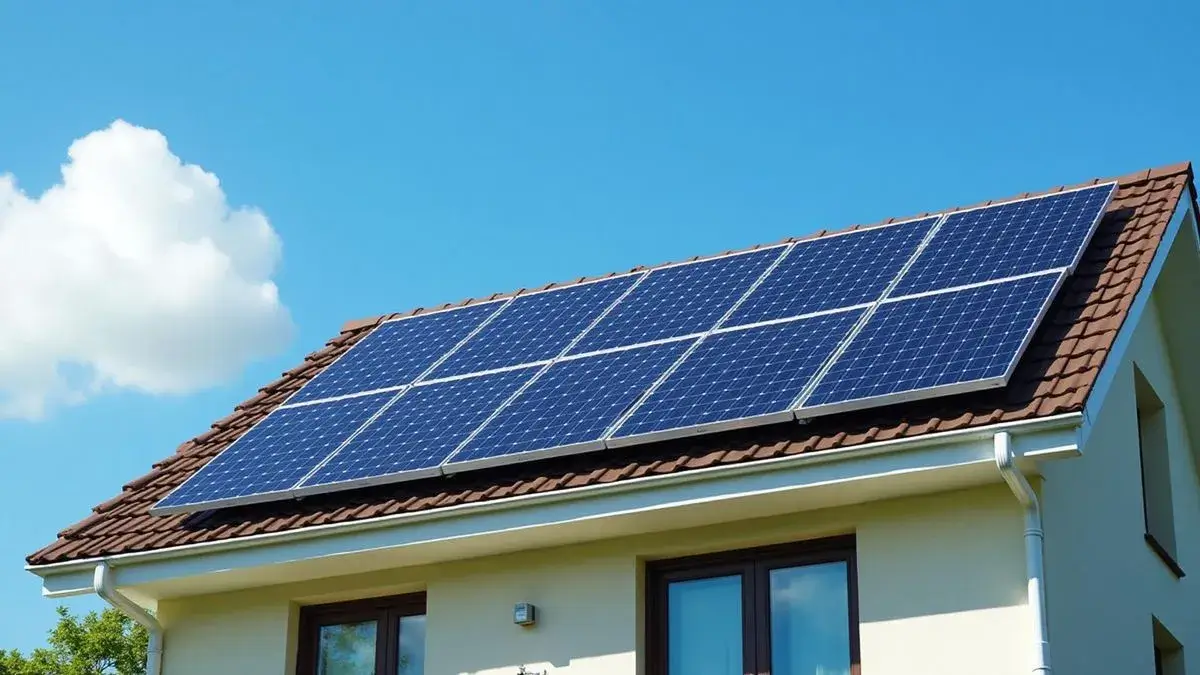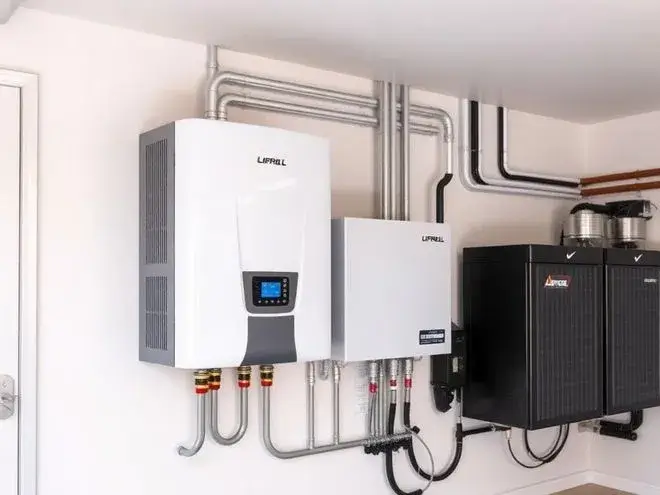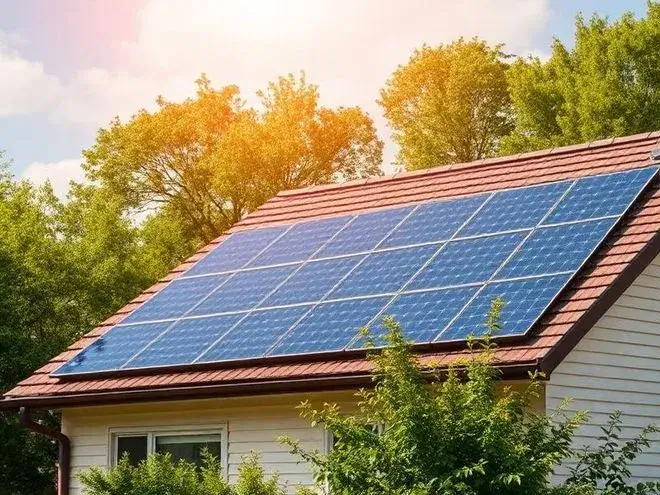
Harness the Power of the Sun for Your Home
Professional solar panel installation and energy management. Save money while helping the environment with clean, renewable energy.
Why Choose Solar Energy?
Join thousands of homeowners who have made the switch to clean, affordable solar power
Reduce Energy Costs
Significantly lower your monthly power bills and protect yourself from rising energy costs.
Eco-Friendly
Reduce your carbon footprint and contribute to a cleaner, more sustainable future.
Increase Home Value
Solar panels can increase your property value and make your home more attractive to buyers.
How Solar Systems Work

Solar Panels Capture Sunlight
Solar panels (modules) on your roof convert sunlight into DC (direct current) electricity throughout the day.
Inverter Converts Power
The inverter transforms DC electricity into AC (alternating current) that powers your home appliances and devices.
Smart Controller & Storage
A computerized controller optimizes performance, while optional battery backup stores excess energy for later use or off-grid capability.
Is Solar Right for Your Home?
Solar energy is an excellent choice if your home meets these criteria
Single Family Home
Perfect for residential properties with adequate roof space
Minimal Shade
Your roof receives good sun exposure with little to no shade
Power Bill Over $100/Month
Higher energy bills mean greater savings potential with solar
No Existing Solar
Ready to make the switch to clean, renewable energy
Residential Energy Management
Take control of your energy usage and effectively manage your spending with our residential energy management services.
Comprehensive Energy Assessment
We assess how much energy your home wastes and identify opportunities for improvement.
Customized Solutions
We introduce viable solutions to make your space as energy-efficient as possible.
Ongoing Optimization
Continuous monitoring and optimization to ensure maximum efficiency and savings.

Frequently Asked Questions
Get answers to common questions about solar energy systems
Ready to Switch to Solar?
Get started today with a free consultation. Our experts will assess your home and provide a customized solar solution.
Call (855) 321-3587 Now